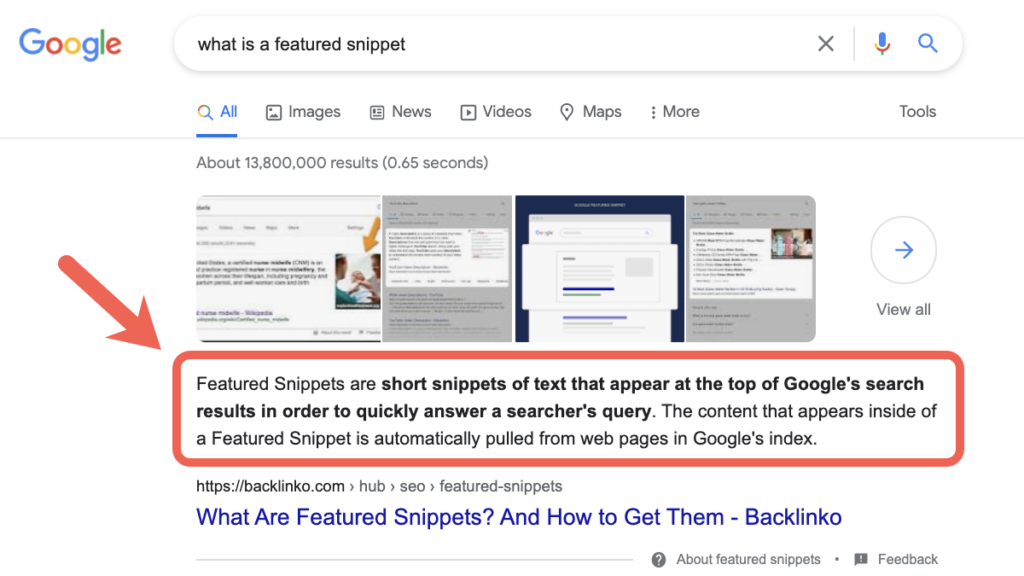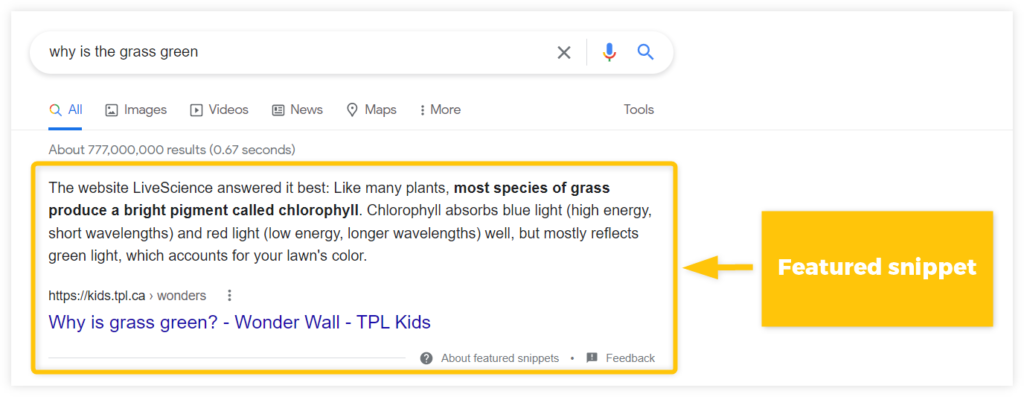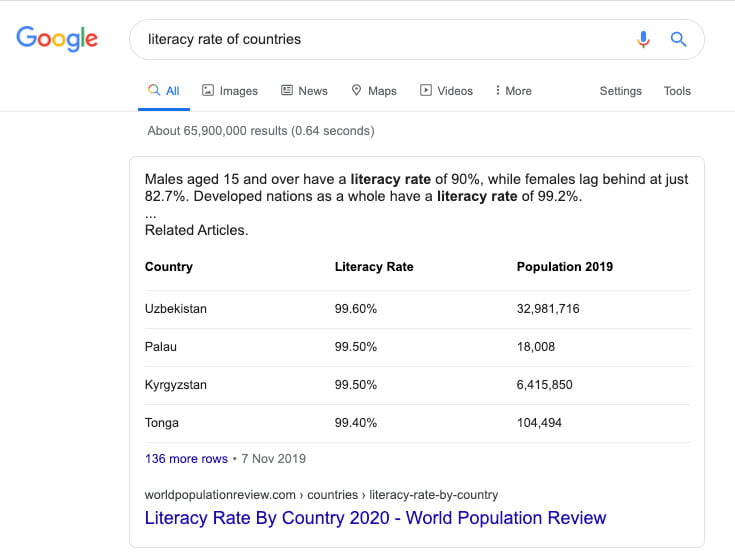Voice search engine technology has completely changed the way we have interacted with our devices in the beyond few years. Hands-free search is becoming increasingly more useful as wise gadgets and AI-powered assistants turn out to be greater extensively to be had. In truth, it’s been predicted that voice search optimization will take in more than 50% of all online searches by way of 2023. The effects of this improvement on businesses’ online advertising plans are big. It is vital to adopt the new SEO technique as we shift to a voice-first destiny.

In this phase, we will take a look at the impact of voice on SEM and offer some useful advice for making your internet site voice SEO optimized. No matter whether or not you run a small commercial enterprise or work in virtual advertising.
Introduction to the Voice Command

One of the most important changes over the past few years in the way people look for information online is the rise of voice search. More and more people are utilizing voice search rather than typing it out because of the rapid growth of voice assistants like Siri, Alexa, and Google Assistant

Businesses and marketers have to embrace the voice search revolution that has been triggered by the transformation in user behavior if they want to stay successful in the digital space.
Users can find information easily and hands-free through speech, which is growing ever more In fact, research shows that voice searches are going to control online searches in the coming years. Digital Marketers should accept the new opportunity to optimize the website visibility and re-generate content according to the demand of the principle of voice SEO.
But why is so important? Well, when users carry out a voice search, they generally tend to use longer and more conversational queries as compared to traditional textual content-based total searches
For instance, in place of typing “best pizza places,”

A user might also ask their voice assistant, “What are the best pizza locations near me?” In this format, marketers want to change their SEM strategy to align with those natural language queries.
Now, We will discover the various elements of voice search and provide realistic pointers on how you may adapt your SEO strategy to rule out this rising trend.
From information on the variations between speech and text, primarily based on searches to optimizing your internet site content for voice search, we can cover the whole lot you want to understand to live relevant and correctly reach your target market in the age of voice assistants.
So, let’s dive in and discover how you can include the voice SEO revolution for the destiny success of your Marketing.
How does voice search differ from traditional search?

| category | Voice Search | Text-based |
| User Behavior | Conversational, natural tone | Typed, concise queries |
| Search Intent | Immediate, direct answers | Comprehensive information |
| Length of Queries | Longer and more descriptive | Shorter and keyword-focused |
| Contextual Awareness | Understands context | Lacks contextual knowledge |
| Localized Information | Emphasizes local results | Less emphasis on locality |
In Users generally tend to undertake a conversational tone, asking questions in natural language processing. They expect immediate and direct solutions to their queries. The queries are often longer and greater descriptive in comparison to traditional search, which generally involves shorter, keyword-centered queries. voice recognition additionally demonstrates contextual attention, information on the person’s context, and relevant results.
Furthermore, voice search places greater emphasis on localized information, along with close by businesses or directions. However, due to mistakes in speech popularity, there may be a better blunders rate in voice search consequences in comparison to conventional textual content-based searches.
These key differences highlight how voice search has revolutionized user behavior and search intent, offering a more interactive and personalized experience while presenting unique challenges for accuracy and context comprehension.
How voice search is changing search behavior?
Voice search is revolutionizing user interaction with search engines like Google. With the upward thrust of clever audio systems, virtual assistants, and voice-activated gadgets, increasingly humans are the use of their voices to search for records online. This shift in conduct has giant implications for SEO techniques.
- Voice search has revolutionized the strategy of humans to engage with search engines like Google.
- Users are now able to truly speak their queries rather than typing them out, making search more effortless and convenient.
- This trend in behavior is leading to longer, extra conversational seek queries as users experience more cushty talking clearly.
- Voice additionally tends to prioritize nearby consequences, as customers often ask for close-by groups or services.
- The upward push of voice assistants like Siri, Alexa, and Google Assistant has made voice search even greater accessible and popular.
- With voice search becoming increasingly correct and reliable, users are relying on it for a much broader range of obligations past easy record retrieval.
- Marketers and corporations want to optimize their content material for voice using focusing on long-tail key phrases and herbal language terms.
- As voice search continues to benefit momentum, marketers must evolve their search engine optimization techniques for this reason to live competitively
Moreover, local search engine marketing has come to be increasingly essential with the upward push of voice search, Many voice searches are region-specific, with customers seeking out nearby businesses or offerings.
Optimizing your internet site and online listings for nearby seek is important to ensure that your commercial enterprise is visible to voice seek customers on your place.
How to Optimizing your website for voice search:

In this digital age, optimizing your internet site for voice search is vital for staying ahead of the competition. With the upward push of virtual assistants like Siri, Alexa, and Google Assistant, increasingly more users are counting on voice instructions to locate records online. To ensure your internet site is voice search-friendly, recollect the following techniques:
Adapting your Keyword Strategy for Voice SEO
Traditional keyword studies and optimization techniques won’t be enough for voice search. When customers interact with voice assistants, their queries are commonly longer and greater conversational, reflecting the natural way we talk.
This way your keyword method has to be aware of lengthy-tail key phrases and natural language phrases that align with how people verbally search for facts.
To adapt your keyword strategy for voice search, start by brainstorming and researching common questions that users might ask related to your industry or niche. Consider the specific problems or needs that your products or services address
- Focus on long-tail key phrases that mimic natural language and conversational queries.
- Optimize query-based queries by relevant question phrases (who, what, in which, when, why, how) for your keyword strategy.
- Consider the context voice searches to tailor your content material for this reason.
- Prioritize local SEO to raise voice search users seeking out nearby companies or offerings.
- Create FAQ pages or established information markup to offer concise solutions to not unusual voice search queries.
- Optimize your website’s loading speed to ensure an easy user experience for voice search users.
- Leverage social media systems and directories like Google My Business to improve your online presence for voice searches.
- Monitor and examine voice seek overall performance regularly to refine and adapt your keyword method as needed.
Unlock the Power of Voice SEO with Advanced Keyword Tools
When it comes to keyword studies in voice SEO, numerous gears permit you to optimize your content material for voice search. One famous tool is SEMrush, which affords treasured insights into keyword rankings and search quantity.




Another beneficial device is Ahrefs, which gives complete information on keyword difficulty and backlink analysis
Additionally, Moz Keyword Explorer allows you to discover new key phrases and examine their capacity. For a greater specialized technique,
keep in mind the use of AnswerThePublic, a tool that generates content material thoughts based on generally requested questions associated with your goal keywords.
Lastly, don’t forget about Google’s equipment like Google Trends and Google Search Console, which provide actual-time statistics and overall performance metrics to enhance your voice SEO approach.



By leveraging those tools correctly, you could become aware of relevant keywords that align with voice search queries and pressure organic site visitors on your website or content material.
A voice search feature with featured snippets
In the era of new technology, optimizing your search engine marketing approach to consist of featured snippets has become more critical than ever. Featured snippets are concise, direct answers that appear on the top of seek engine result pages (SERPs), presenting customers with instant statistics without having to click on a selected internet site.
Regarding voice search, featured snippets play a full role because voice assistants like Siri, Alexa, and Google Assistant depend upon those snippets to offer users with spoken responses. In truth, studies have proven that 50%of voice outcomes come from featured snippets.

To leverage the usability of featured snippets for voice search, there are some key tactics to consider
1. Attention on providing clean and concise answers to usually requested questions associated with your enterprise or area of interest
2. Shape your content material in a way that is effortlessly scannable with the aid of search engines like Google. Use headers, bullet factors, and numbered lists to spotlight key data and make it more likely to be selected as a featured snippet.
3. Ensure your content is optimized for mobile devices. Voice is predominantly carried out on smartphones and other portable gadgets, so making sure that your website is mobile-friendly and hundreds quick is important.
4. Keep in mind approximately the significance of schema markup. Schema markup helps search engines like Google apprehend the context and relevance of your content material, which can grow the probability of your content material being selected as a featured snippet.
By using these techniques in your SEO approach, you can position your internet site and content to be greatly seen and reachable inside the voice revolution.
Embracing the power of featured snippets will not only beautify your overall SEM approach but also allow you to tap into the growing user base of voice.
Get Noticed with Featured Snippets: types of featured snippet
A featured snippet is a concise and informative summary that appears on the top of the search engine outcomes pages (SERPs). It aims to offer customers with brief solutions to their queries. There are several kinds of featured snippets:
1. Paragraph: This kind offers a short description or rationalization in response to a question or query.

2. List: A list-based featured snippet affords a numbered or bulleted list of relevant data.

3. Table: When records wish to be displayed in a dependent way, a desk format is used for the featured snippet.

4. Video: Sometimes, in preference to textual content, a video is proven as the featured snippet, imparting a visual clarification or demonstration.

5. Image: A photo-based featured snippet shows a photograph that relates without delay to the person’s query.

Structured data and schema markup for voice search

As voice maintains to gain recognition, it’s miles essential for businesses to conform their search engine marketing strategies to live in advance in the market. One effective technique to optimize for voice search is using imposing-based records and schema markup.
Structured records give engines additional context and record your website’s content. It helps search engine algorithms understand the motive and the means of your pages, making it less complicated for them to offer relevant outcomes to voice queries.
Schema markup, alternatively, is a specific vocabulary of tags that may be added to your HTML code. These tags offer SERP with extra specific information approximately your internet site, including product descriptions, opinions, ratings, and more. By using schema markup, you can beautify the visibility of your website in voice seek effects.
When it comes to voice search users frequently conversationally ask questions. Therefore, incorporating based data and schema markup can help search engines better apprehend the context and cause of those queries. This, in turn, will increase the chances of your internet site being selected as the featured snippet or answer to the user’s voice search query.
There are several tools available for generating schema markup. Some of the popular ones are:
- Schema Markup Generator (JSON-LD) by TechnicalSEO.com: This tool supports the creation of JSON-LD markups and includes all of the required item properties and more.
- Structured Data Helper by Google: This tool allows you to visually tag elements of your web page so that Google can generate the appropriate schema markup. It is best used when creating schema markup on someone else’s behalf 2.
- Schema Markup Generator by Merkle: This tool generates JSON-LD markups for articles, FAQ pages, how-to content, local businesses, events, job postings, persons, and products
By leveraging based data and schema markup, you may function your internet site for success inside the voice search revolution. This proactive approach to search engine optimization will not handiest enhance your visibility but, in the end, ride more organic traffic for your site.
Creating conversational content for voice search

With the rise of voice assistants like Siri, Alexa, and Google Assistant, voice search has become an integral part of our daily lives. As more and more people are using voice commands to search for information, businesses must adapt their SEO strategies to accommodate this shift.
To cater to this trend, it’s important to modify your content accordingly
1. Start by identifying common questions that users might ask related to your industry or products
2. incorporate questions as headings or subheadings in your content, and provide detailed and informative answers.
3. Focus on creating long-form content that thoroughly addresses users’ queries
4. Voice search results often favor longer, more comprehensive answers. By providing in-depth information, you increase your chances of appearing as a featured snippet in voice search results, which can significantly boost your visibility.
5. Understand the intent behind the search and tailor your content to provide the most relevant and helpful information. This can involve incorporating location-specific keywords, adding structured data markup, and optimizing for local search.
6. Optimizing your website for mobile devices is crucial for voice search success.
Adapting your SEO strategy for the voice search revolution requires creating conversational content, focusing on long-form and comprehensive answers, considering context, optimizing for mobile devices, and incorporating structured data. By embracing these practices, you can position your business for success in the evolving landscape of voice search.
Build a FAQ page

When voice searchers ask a question, they commonly start it with “Who,” “What,” “Where,” “When,” “Why,” and “How.”
They’re looking for answers that satisfy an instantaneous want. To answer these queries, make a FAQ page and start each question with these adverbs. Then solution them conversationally to enchantment to voice search.
From an overall performance angle, ensure your website is technically sound and consists of schemas.
Ensure navigation and informational structure are smooth to find, and web page load speeds are speedy
Tracking and measuring the success of your voice search SEO efforts

Your voice tracks the success of SEO efforts and measurements are needed to ensure your strategy is effective and delivers the desired results. With the growing popularity of voice assistants like Siri, Alexa, and Google Assistant. So optimizing your website for voice search has become an important part of any comprehensive SEO strategy.
To effectively track and measure the success of your voice search SEO efforts, there are several key metrics and tools you can use.
One of the most important metrics to consider is the growth in organic traffic resulting from voice search. You can measure the impact of your optimization efforts by tracking the percentage of organic traffic generated by Speech Search.
Additionally, user research and engagement metrics can provide valuable insight into the effectiveness of your voice search SEO strategy. Tracking metrics like bounce rate, time on page, and conversion rate, especially for voice search traffic, can help you understand whether users are taking action on your website by getting the information they need on.
Using tools like Google Analytics, you can tailor reports and segments specifically to track and analyze your traffic.
This allows you to compare voice search performance against traditional text-based searches and identify areas for improvement.

Another important aspect behind your voice search SEO efforts is keyword performance tracking. Voice probe questions typically differ from traditional text-based questions in that they are conversational and longer. By identifying the specific keywords that drive voice search traffic and monitoring their rankings and search volume, you can optimize your content to make it a better format for the queries.
To Complete, tracking, and measuring your voice SEO success is crucial. Monitor key metrics, analyze your user behavior, and track keyword performance. This ensures your website is optimized for voice search and lets you take advantage of voice search.
FAQ
Ques1: How do I prepare for voice SEO?
1. Optimize your website for natural language queries by incorporating lengthy-tail keywords and conversational phrases.
2. Recognition of local search engine optimization with the aid of making sure that your commercial enterprise records are accurate and updated on platforms like Google My Business. Voice searches frequently have a local reason
3. Prioritize mobile optimization when you consider that most voice searches are performed on smartphones. Make certain your website hundreds speedy and is cellular-friendly to provide a continuing personal experience
Ques2: Why voice search optimization?
With the regular use of virtual assistants like Siri, Alexa, and Google Assistant, more and more users are counting on voice commands to find statistics and complete obligations.
By optimizing your content for voice seek, you may make sure that your internet site or app is without problems discoverable via these virtual assistants. This approach considers natural language queries, lengthy-tail key phrases, and conversational terms that people commonly use whilst talking in place of typing.
Voice optimization also improves user engagement.
Ques3: How many people use voice commands daily?
While specific figures may vary, recent estimates suggest that over one thousand million people globally use voice search on a daily foundation. This staggering number highlights the sizable adoption and popularity of this technology across unique demographics.




